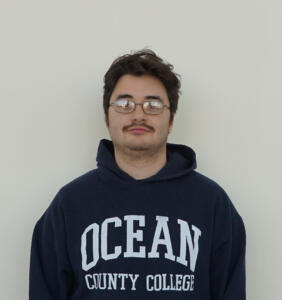Peer Assisted Learning (PAL) is an academic support model for courses that have been identified as historically difficult.The program provides academic support to students in these courses by employing model students to attend the course and then facilitate or lead collaborative learning groups outside of regularly scheduled class time. These collaborative learning groups help students master content, learn and integrate study strategies, and improve student persistence.
Unless otherwise noted, PAL meets in Instructional Building 5, Room 217, and can be reached by phone at (732) 255-0400 Ext. 4108.
| PAL Leader Name | Contact Info | Picture |
| Thaddaeus Sayre | thaddaeus_sayre@students.ocean.edu |  |
| PAL Leader Name | Contact Info | Picture |
| Jesse Ford | jesse_ford@students.ocean.edu |  |
Benefits of Peer Assisted Learning
Student Participants
- Better understanding of course material
- Better grades
- Developing effective learning techniques
- Easier transition to university life
- Increased confidence
- Increased interpersonal skills
PAL Leader
- Consolidation of course material
- Increased confidence and interpersonal skills
- Developing employment experience
- Better grades
Lecturer
- Improved student outcomes
- Increased student engagement
- Quicker course feedback
- Better student grades
- Saved time in long term
Department & University
- Greater student retention
- better student results
- Improved student experience
